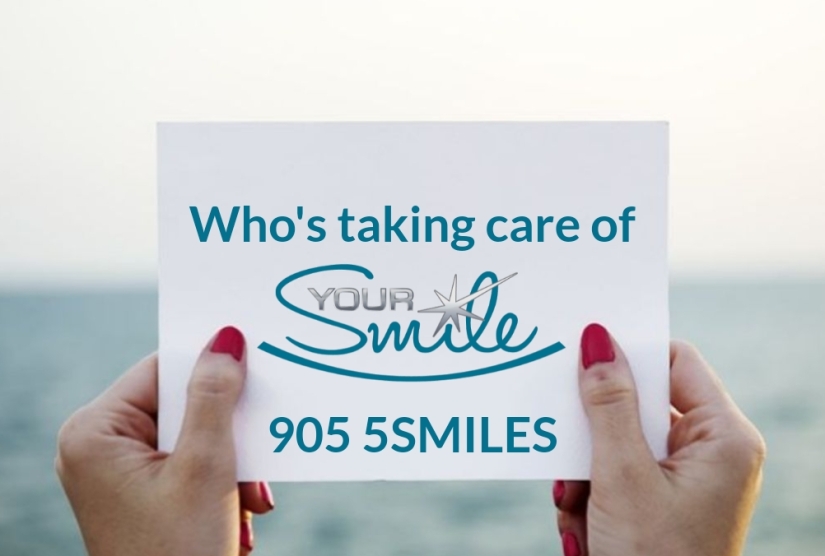When Laughing Hurts
Are you experiencing jaw pain, headaches, or can hear/feel clicking sounds when you open your mouth? Does your jaw, “pop or lock up?
You may have a condition that is commonly referred to as TMJ – Temporal Mandibular Joint. While the TMJ is an actual anatomical part of your head, this acronym has become an umbrella term to describe a painful dysfunction of area.
The TMJ is the area where your lower jaw fits or mates with the temporal bone of your skull. It acts like a sliding hinge allowing you to open and close your mouth and move it side to side. This area is a complex structure of ligaments, muscle, joint capsule, articular disc and the actual 2 bone surfaces: the temporal bone and mandible.
Impairment of the TMJ can occur with osteoarthritis, injury, wear, misaligned bite, bruxism (teeth grinding/clenching) and even poor posture. It can involve the muscles surrounding the bones, the joint itself or both. Pain and discomfort can be a temporary problem or can last many years.
Signs and Symptoms
- Sore jaws
- Toothaches
- Headaches
- Earaches
- Dizziness/Vertigo
- Neck/Shoulder pain
- Trouble chewing
- Jaw thrusting
- Popping, clicking or grating feeling/sound in joint
- Facial swelling
- Jaw locks up or gets stuck when opening or closing mouth.
- Tinnitus (ringing in ears)
Diagnosis

If you suspect that you may have a TMJ issue bring it to the attention of your dentist right away. Your dentist will perform a clinical exam of your dental structures and face, check for abnormal movements of the jaw, assess your bite, listen for sounds in the TMJ area, and discuss your health history.
For some patients, because the condition is minor, treatment may be as simple as a bite agjustment or a bite guard to place on the teeth into a more correct position and lessen the effects of bruxism. For others, it may involve further testing such as x-rays, MRI, and/or a CT scan. A referral to a Specialist may also become necessary when pinpointing the exact source of TMJ problems is difficult to determine.
Oftentimes, dealing with TMJ issues involves a multi-phased approach starting with minor adjustments and treatments, and if necessary, increasing in levels of intervention. In conjunction with any treatment recommendations, your dentist may also recommend the use of muscle relaxants, anti-anxiety and/or anti-inflammatory medication, jaw exercise and the use of hot/cold compresses
What Can You Do?
In the meantime, there are some things you can do to help alleviate your discomfort before, during and after treatment:
- Switch to softer foods
- Avoid opening your mouth very wide including yawning, yelling and singing
- Keeping chewing to a minimum
- Avoid gum chewing
- Gently massage the jaw, TMJ and temple to stimulate circulation, relax the muscles and relieve discomfort and tightness.
- Practice good posture. You can buy a simple posture brace to help.
Give your Jaw a Rest
- Keeping your teeth slightly apart. Separating your teeth with your tongue can be helpful.
- Avoid clenching/grinding movements (often subconscious habit, but try to be more aware)
- Avoid resting your head/chin on your hand to relieve pressure on your jaw.
Botox Treatment
TMJ disorder can be a very debilitating condition, but there is hope. Oftentimes, it is triggered by muscle spasms and bruxism which tends to be a stress response. Modern dentistry is now turning to what is commonly thought to be just a cosmetic enhancement – Botox.
Botox is now used therapeutically in many medically compromised patients. For TMJ issues, it is used as a non-surgical approach to weaken the muscle involved with jaw movement to put an end to spasms. This, in turn, allows the entire anatomy associated with TMJ disorder to get the rest and healing it needs. It is usually repeated every 3-4 months with the hope, that over time, inflammation will subside and the anatomy will get the rest and healing it needs to alleviate the condition or any contributing, destructive habits.
Our friendly staff are happy to answer any questions you have about your TMJ problem or any other dental issue you may be experiencing. With proper care, you need not suffer any longer. Call us today at 905 5SMILES.

Yours in Better Dental Health,
Your Smile Dental Care Team
(905) 576-4537
(416)783-3533
www.yoursmiledentalcare.com

